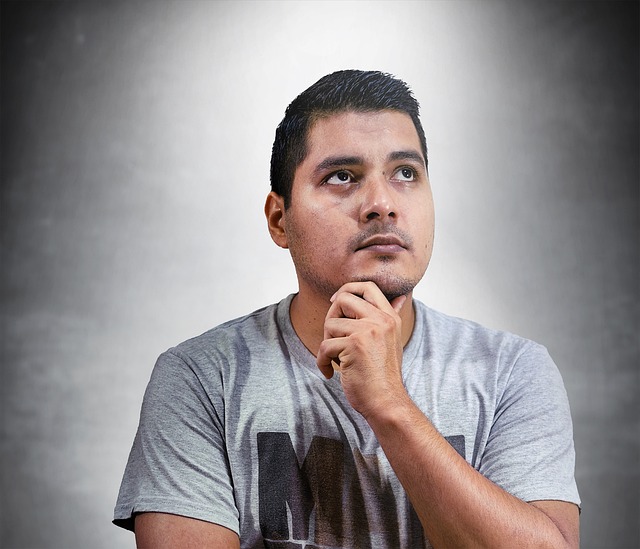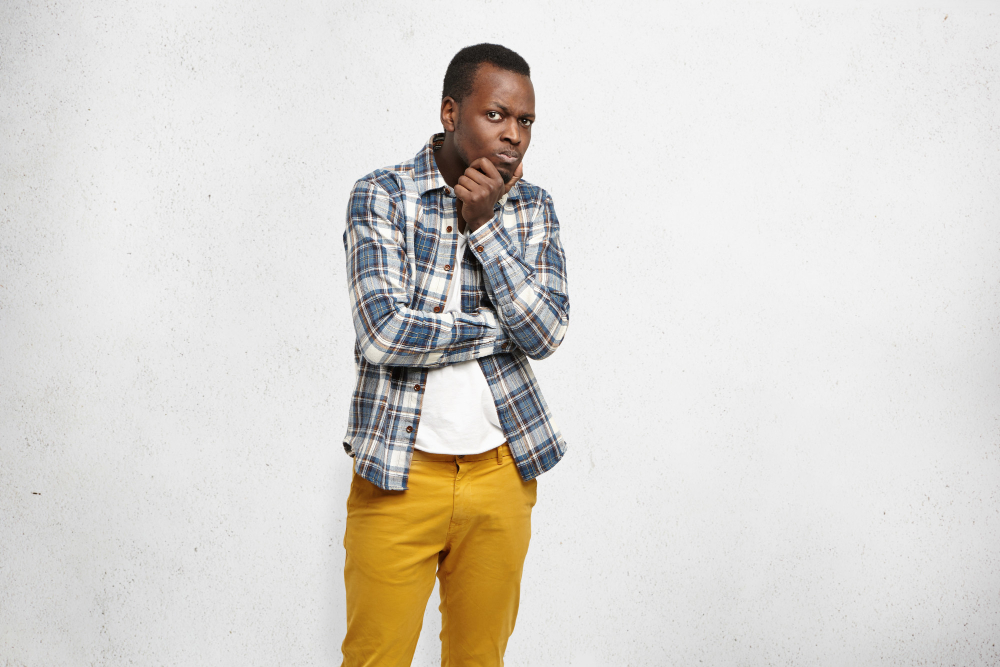Doubt is uncertainty or lack of belief, while suspicion is a belief or feeling that someone is guilty of wrongdoing, often without concrete evidence.
TL;DR Doubt Vs. Suspicion
Doubt is a state of indecision or hesitation, often accompanied by a lack of certainty or confidence in something. It arises from genuine inquiry or curiosity, questioning the validity or truthfulness of a particular statement, belief, or situation.
Suspicion is characterized by a sense of mistrust or apprehension towards someone or something. It often stems from a perceived threat or feeling that one’s trust has been betrayed.
What is doubt?

Doubt is a cognitive state of uncertainty or skepticism about the truth, reality, or validity of something. It involves a lack of conviction or confidence in a particular belief, idea, or situation.
Doubt can arise due to insufficient information, conflicting evidence, or a lack of personal experience. It prompts individuals to question and reevaluate their assumptions, driving critical thinking and a search for clarification.
What is suspicion?

Suspicion is a feeling or belief that someone or something is involved in or connected to wrongdoing, without concrete proof. It involves a sense of doubt or mistrust towards the intentions, actions, or motives of others.
Suspicion often arises from observing unusual behavior, inconsistencies, or perceived secrecy. While it can serve as a self-protective mechanism, unchecked suspicion can lead to assumptions and unfair judgments.
Doubt Vs. Suspicion – Key differences
| Aspect | Doubt | Suspicion |
|---|---|---|
| Nature | Uncertainty, lack of belief. | Belief of possible wrongdoing. |
| Evidence | Lack of conviction, often neutral. | Often lacks concrete evidence. |
| Focus | Questions truth, validity, reality. | Questions intentions, involvement. |
| Mistrust | Lack of trust, but not necessarily negative. | Mistrust with a negative connotation. |
| Outcome | Can drive critical thinking, exploration. | Can lead to assumptions, judgments. |
| Intentions | Aims to seek clarity, understanding. | Aims to uncover potential wrongdoing. |
| Open-mindedness | Encourages open-minded inquiry. | Can hinder open-mindedness. |
Examples of Doubt and Suspicion
Doubt
- Scientific Theory: Scientists may have doubts about a newly proposed scientific theory until there is enough evidence and experimentation to support its validity.
- Product Claims: Consumers might doubt the effectiveness of a new product’s claims until they see reviews, testimonials, or experience positive results themselves.
- Weather Forecast: Individuals might doubt a weather forecast if it contradicts their own observations or previous forecasts.
Suspicion
- Criminal Investigation: Law enforcement might have suspicions about a person’s involvement in a crime based on circumstantial evidence, leading them to conduct further investigation.
- Relationship Infidelity: If one partner notices secretive behavior and inconsistent explanations, they might develop suspicions about the other’s fidelity.
- Workplace Theft: Colleagues might develop suspicions about a co-worker stealing office supplies due to repeated disappearances and strange behavior.
Image Credits
Featured Image By – Tumisu from Pixabay
Image 1 By – Daniel Mena from Pixabay
Image 2 By – wayhomestudio on Freepik









